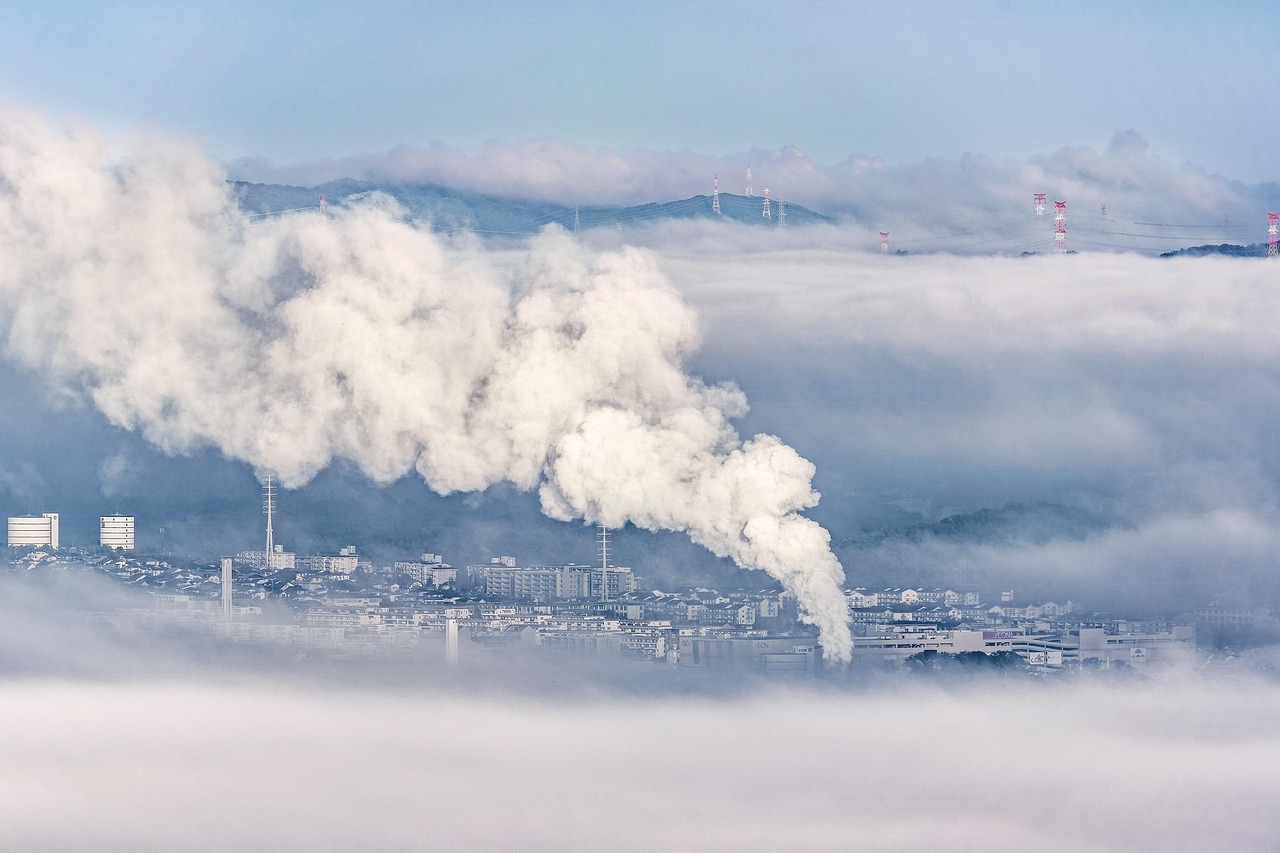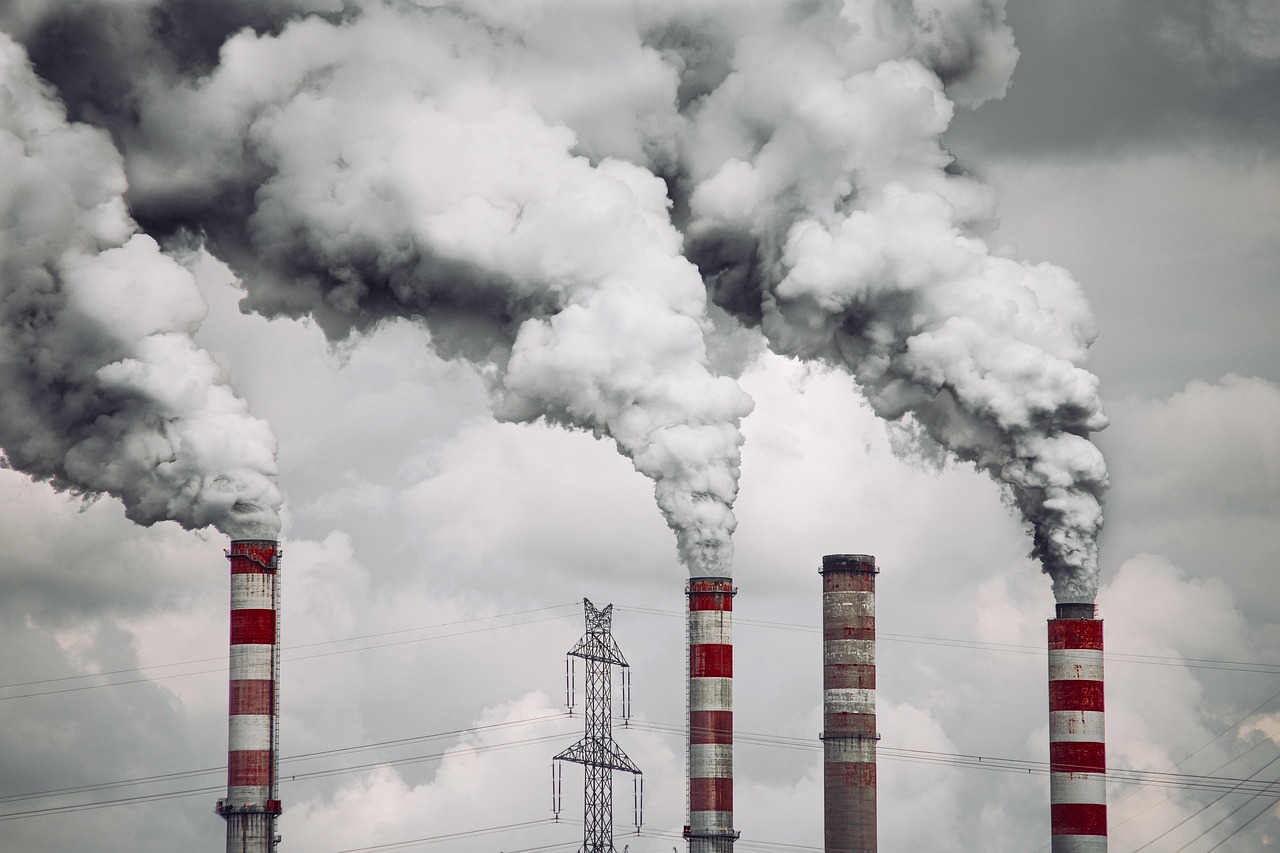
Sheldon Whitehouse’s Climate Warnings
Senator Sheldon Whitehouse’s ongoing series of climate warnings has reached a critical milestone, marking his three-hundredth speech on the Senate floor. This effort reflects a deepening urgency in the face of escalating climate challenges, especially under the leadership of Donald Trump, who has returned to the presidency as of November
2024. Whitehouse’s speeches began in 2012, emphasizing government inaction during Barack Obama’s administration. His commitment has persisted, with many in the scientific community acknowledging the increasing severity of climate-related events.
The Climate Crisis Context
Whitehouse’s speeches have been a response to what he perceives as a lack of governmental action and accountability in addressing climate change. He originally initiated these talks during a time when the Obama administration was criticized for not prioritizing climate discourse. His decision to speak weekly stemmed from the pressing need to maintain climate change on the national agenda. This commitment has continued despite shifts in administration, reflecting a persistent concern over the federal response to climate change.
Trump Administration’s Policies Impact
Under Trump 2.0, the climate landscape has dramatically shifted. The administration has taken significant steps to roll back climate protections, which has implications for both environmental health and public policy. For instance, Trump’s recent executive actions have targeted federal programs that aim to reduce emissions and support clean energy initiatives. In fact, a report from the Climate Backtracker shows that as of mid-2025, the Trump administration has implemented 196 measures to diminish federal climate efforts, illustrating a systematic approach to dismantling climate action.
Methane and Clean Energy Regulations
Among the most notable actions taken by the Trump administration is the repeal of regulations aimed at reducing methane emissions. Methane is a greenhouse gas that is up to 84 times more potent than carbon dioxide over a 20-year period. The repeal of fees for methane leaks represents a substantial setback in addressing this critical issue. The Inflation Reduction Act, originally designed to impose fees on companies that fail to control methane emissions, has seen its provisions delayed under the current administration, pushing any meaningful action on methane reduction a decade into the future.

Repeal of Clean Energy Tax Credits
The recent legislation under Trump has also included the elimination of tax credits for renewable energy sources, such as wind and solar. Research from Princeton University indicates that this rollback could lead to an increase of nearly 200 million metric tons in U. S. emissions by
2030. Moreover, the Rhodium Group projects that energy costs could rise by approximately $200 per household annually. This policy reversal not only jeopardizes the progress made in clean energy investments but also threatens jobs within the renewable energy sector.
Impact on Vehicle Emission Standards
California’s ability to set stricter vehicle emissions standards has also come under attack. By revoking California’s waiver under the Clean Air Act, the Trump administration is stifling efforts to transition to electric vehicles. This move could slow the adoption of electric vehicles across the United States, impacting both environmental goals and technological advancements in the automotive industry. The legal challenges that California and other states have mounted against this decision highlight the contentious nature of climate policy under the current administration.

The Urgency of Climate Action
As global temperatures continue to rise, the urgency for effective climate action has never been clearer. The year 2023 was reported as the hottest year on record, and recent data indicates that the planet is heating at an unprecedented rate. According to a study published in Earth System Science Data, the rate of warming from 2015 to 2024 is about 0.27 degrees Celsius annually, underscoring the critical time frame we are in. Whitehouse’s perspective that we have “entered the era of consequences” resonates with scientists and policymakers alike, emphasizing that the impacts of climate negligence are no longer distant predictions but immediate realities.
Looking Ahead to Future Actions
As Whitehouse prepares for his three-hundredth speech, he reflects on the incremental changes his efforts have produced amid a formidable opposition. He recognizes that the fossil-fuel industry, which exerts significant influence over the Republican Party, poses a substantial barrier to progress. However, his continued advocacy serves as a reminder of the importance of holding government accountable and pushing for climate action in the face of ongoing resistance. The future of climate policy in the U. S. will depend heavily on the ability of leaders like Whitehouse to mobilize public support and navigate the complex political landscape shaped by vested interests in fossil fuels.




